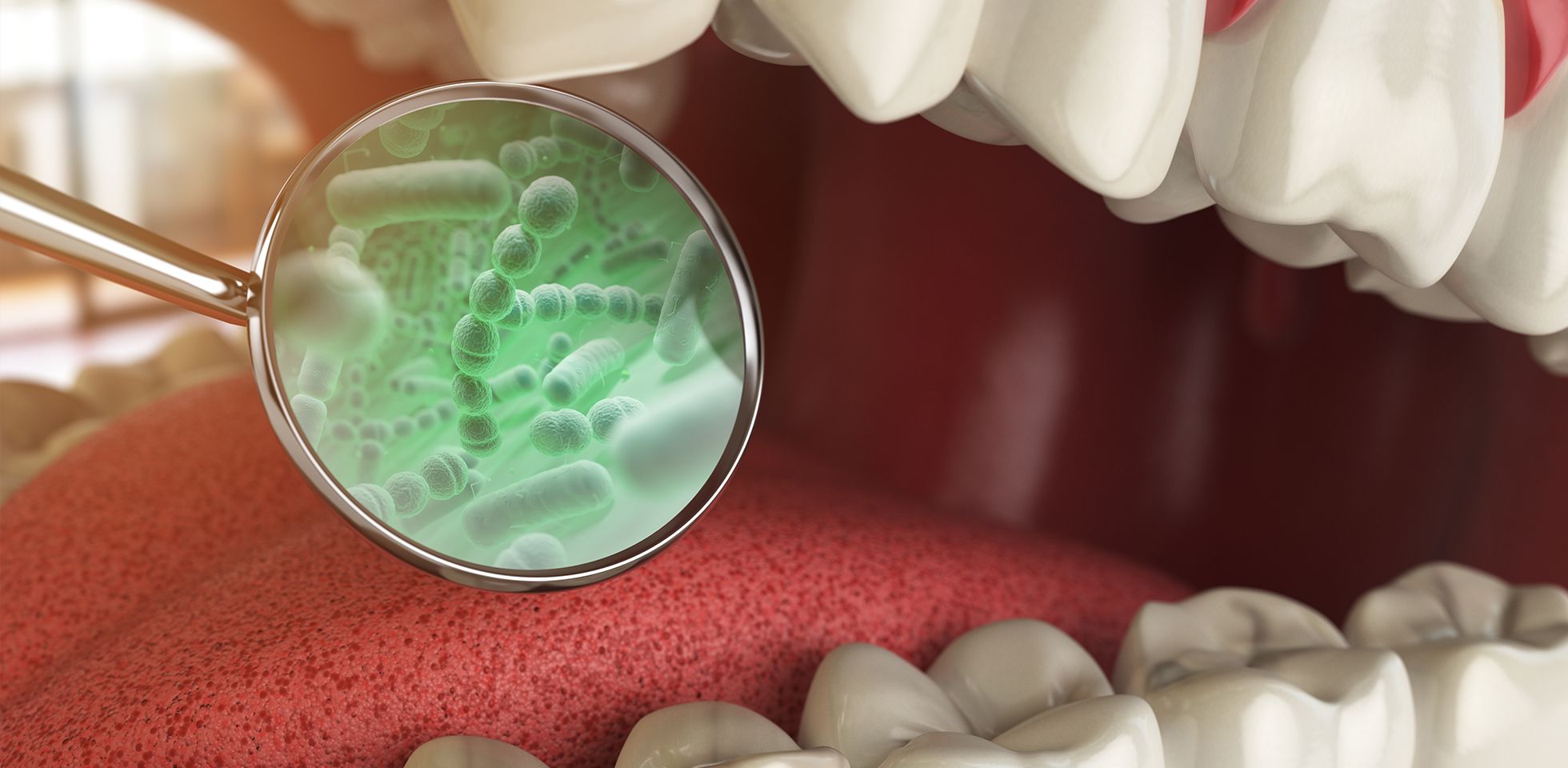
Dental infections can be incredibly uncomfortable and even distressing. Whether it’s a toothache, swelling, or an abscess, knowing how to handle these situations can make a big difference in both your comfort and your overall health. This guide will walk you through essential tips for fast relief from a dental infection and provide insights from people who’ve navigated these challenges successfully.
Understanding Dental Infections
Dental infections often occur when bacteria invade the tooth’s pulp, leading to inflammation and pain. Common causes include:
- Cavities: Tooth decay that reaches the pulp can cause infections.
- Gum Disease: Infection of the gums can spread to the surrounding tissues.
- Cracked or Broken Teeth: A crack or break can expose the tooth to bacteria.
Symptoms might include sharp or throbbing pain, swelling in the face or gums, and sensitivity to hot or cold temperatures. If you notice these signs, it’s important to take action quickly.
Immediate Relief Measures
- Rinse with Warm Salt Water
One of the simplest and most effective home remedies is a warm salt water rinse. Salt has natural antibacterial properties that can help reduce inflammation and kill bacteria. Mix about half a teaspoon of salt in a glass of warm water and swish it around your mouth for 30 seconds. This can provide temporary relief and help clean the affected area.
- Apply a Cold Compress
Swelling and pain are common with dental infections. Applying a cold compress to the outside of your cheek can help reduce swelling and numb the pain. Wrap some ice in a cloth and apply it to the affected area for 15-20 minutes, then take a break before reapplying.
- Over-the-Counter Pain Relief
Non-prescription pain relievers like ibuprofen or acetaminophen can help manage pain and reduce inflammation. Be sure to follow the dosage instructions on the package and consult with a healthcare provider if you have any pre-existing conditions or are taking other medications.
- Avoid Certain Foods
While dealing with a dental infection, try to avoid very hot, cold, or sugary foods and drinks. These can exacerbate the pain and discomfort. Stick to soft foods that are easy to chew and avoid hard or crunchy items that might irritate the affected tooth.
Seeking Professional Help
- Contact Your Dentist
It’s crucial to see a dentist as soon as possible if you suspect a dental infection. They can diagnose the issue, provide appropriate treatment, and help prevent the infection from spreading. Delaying treatment could lead to more severe complications.
- Antibiotics and Treatment
Your dentist may prescribe antibiotics to help clear the infection. They might also recommend additional treatments such as a root canal, especially if the infection has reached the tooth’s pulp. In severe cases, dental surgery might be necessary to remove an abscess or damaged tissue.
- Follow-Up Care
After receiving treatment, follow your dentist’s advice carefully. This may include taking prescribed medications, maintaining good oral hygiene, and scheduling follow-up visits to ensure the infection is completely resolved.
User Experiences: What Others Have Done
Many people who have faced dental infections have shared their experiences and tips. Here are some helpful insights:
- Hydration and Rest
One user found that staying well-hydrated and getting plenty of rest helped their body fight off the infection more effectively. Drinking water and getting enough sleep can support your immune system and overall health.
- Natural Remedies
Some individuals have successfully used natural remedies in addition to medical treatment. Clove oil, for example, is known for its analgesic properties. Applying a small amount to the affected area might provide temporary relief. However, this should be used cautiously and not as a substitute for professional dental care.
- Preventive Measures
A common piece of advice from those who’ve dealt with dental infections is to focus on preventive care. This includes regular brushing, flossing, and dental check-ups. Maintaining good oral hygiene can help prevent infections from occurring in the first place.
Long-Term Prevention
- Good Oral Hygiene
Brush your teeth twice a day with fluoride toothpaste and floss daily. This helps remove plaque and food particles that can lead to cavities and gum disease.
- Regular Dental Check-Ups
Visit your dentist regularly for check-ups and cleanings. These appointments can help catch issues early before they develop into more serious infections.
- Healthy Diet
A balanced diet rich in vitamins and minerals supports dental health. Avoid excessive sugary snacks and beverages, which can contribute to tooth decay.
Conclusion
Handling a dental infection promptly and effectively involves a combination of immediate relief measures, professional care, and preventive strategies. By following these tips and seeking professional help when needed, you can manage the discomfort and protect your overall oral health.
Remember, while home remedies can provide temporary relief, they should never replace professional dental care. If you experience severe pain, swelling, or other significant symptoms, here recommended dental clinic in vivekanand nagar Nagpur or contact your dentist right away to ensure you receive the appropriate treatment.